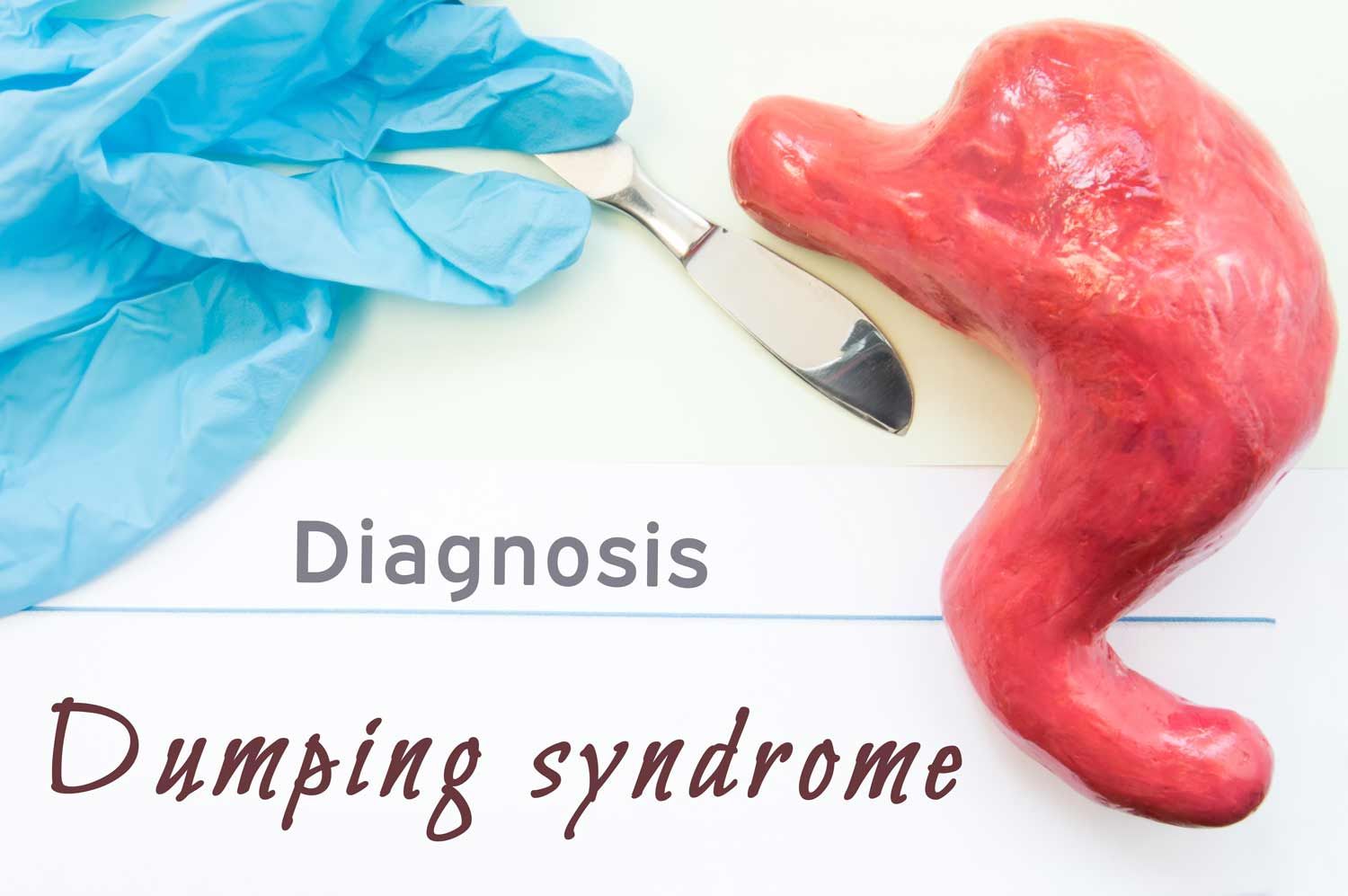
Understanding Dumping Syndrome and How to Manage It
Dumping syndrome is a common condition experienced by individuals who have undergone bariatric surgery, particularly procedures like gastric bypass or sleeve gastrectomy. While it can be uncomfortable, understanding this condition and learning how to manage it can significantly improve your post-surgery experience and overall quality of life.
What Is Dumping Syndrome?
Dumping syndrome occurs when food, especially sugary or high-carbohydrate foods, moves too quickly from the stomach into the small intestine. This rapid “dumping” of food can lead to a range of symptoms, which are generally categorized into two phases:
– Early Dumping (30 minutes to an hour after eating): Symptoms may include nausea, bloating, abdominal cramps, diarrhea, dizziness, and rapid heart rate.
– Late Dumping (1 to 3 hours after eating): Symptoms can include fatigue, sweating, shakiness, confusion, and hunger, often caused by a drop in blood sugar levels.
Why Does It Happen?
After bariatric surgery, the stomach’s reduced size and changes to the digestive system can affect how food is processed. Foods high in sugar or fat are more likely to trigger dumping syndrome, as they can overwhelm the digestive system in its altered state.
Tips for Managing Dumping Syndrome
Managing dumping syndrome involves making dietary and lifestyle adjustments. Here are some practical tips:
- Eat Smaller, Frequent Meals
Instead of three large meals, aim for 5-6 smaller meals throughout the day. This helps your digestive system handle food more efficiently.
- Choose Low-Sugar Foods
Avoid foods high in sugar, such as candy, desserts, and sweetened beverages. Focus on complex carbohydrates like whole grains, fruits, and vegetables.
- Balance Your Meals
Include protein, healthy fats, and fiber in each meal to slow digestion and stabilize blood sugar levels.
- Chew Thoroughly
Eating slowly and chewing your food well can aid digestion and prevent overloading your stomach.
- Avoid Liquids During Meals
Drinking liquids with meals can speed up food movement through your stomach. Wait at least 30 minutes before or after meals to drink fluids.
- Monitor Your Symptoms
Keep a food diary to identify triggers and adjust your diet accordingly. This can help you avoid foods or eating patterns that exacerbate symptoms.
- Stay Hydrated
Drink water throughout the day to stay hydrated, but remember to avoid drinking with meals.
When to Seek Help for Dumping Syndrome
While lifestyle changes can often manage dumping syndrome, persistent or severe symptoms may require medical attention. Contact your healthcare team if you experience ongoing discomfort, significant weight loss, or difficulty maintaining proper nutrition.
Supporting Your Journey
At Alabama Bariatrics, we’re here to support you every step of the way. If you have concerns about dumping syndrome or need guidance on managing it, our team is ready to help. Together, we’ll ensure you have the tools and resources to thrive after surgery.
By understanding dumping syndrome and taking proactive steps to manage it, you can enjoy a healthier and more fulfilling life post-surgery. Remember, your bariatric journey is a partnership between you and your care team—don’t hesitate to reach out for support when you need it.